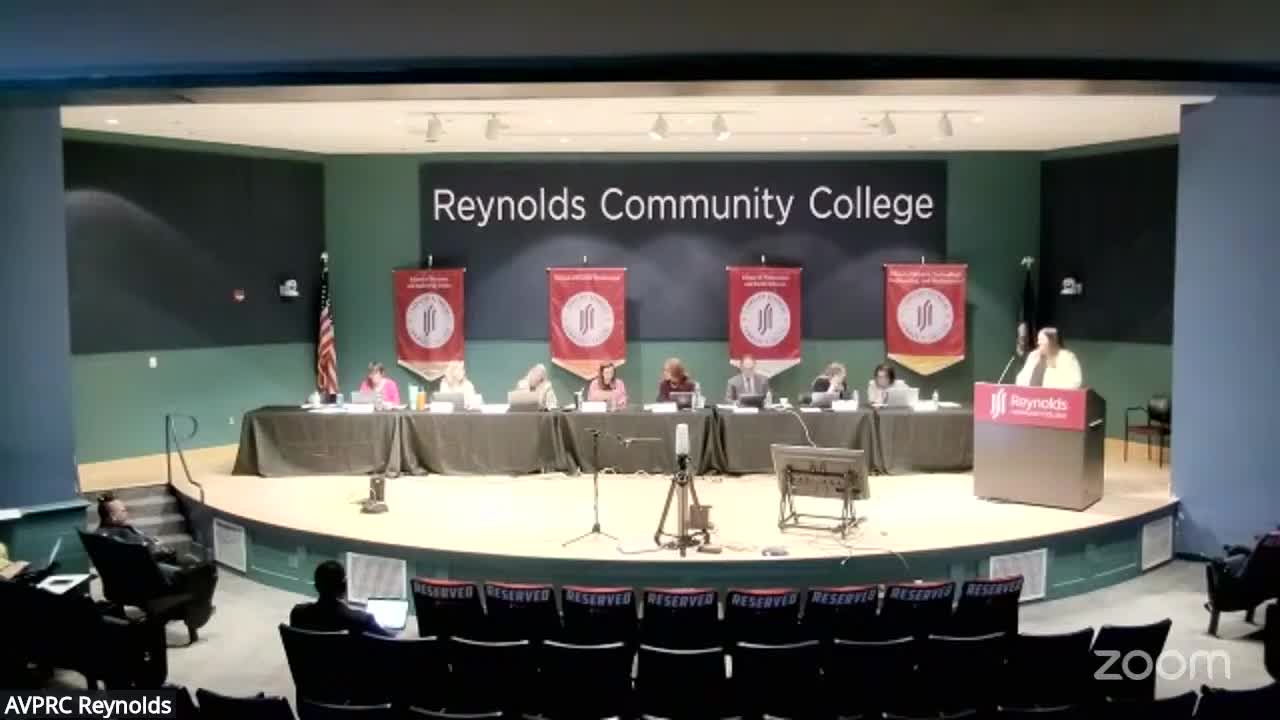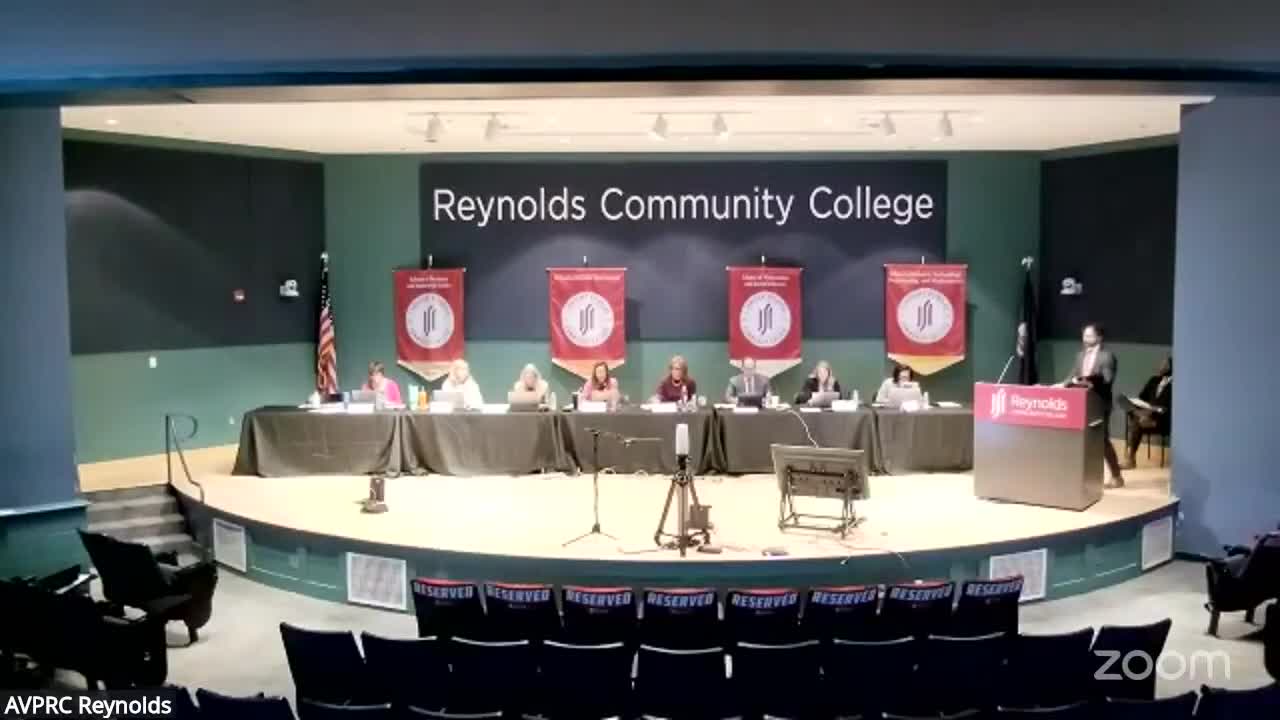Article not found
This article is no longer available. But don't worry—we've gathered other articles that discuss the same topic.

Votes at a glance: Board approves loans, regulatory updates and several procedural items

Board adopts employment criteria for 3E readiness; requires CTE completer for full credit

VDOE reports expansion of VQB5 early‑learning ratings and changes to Recognize B5 funding

